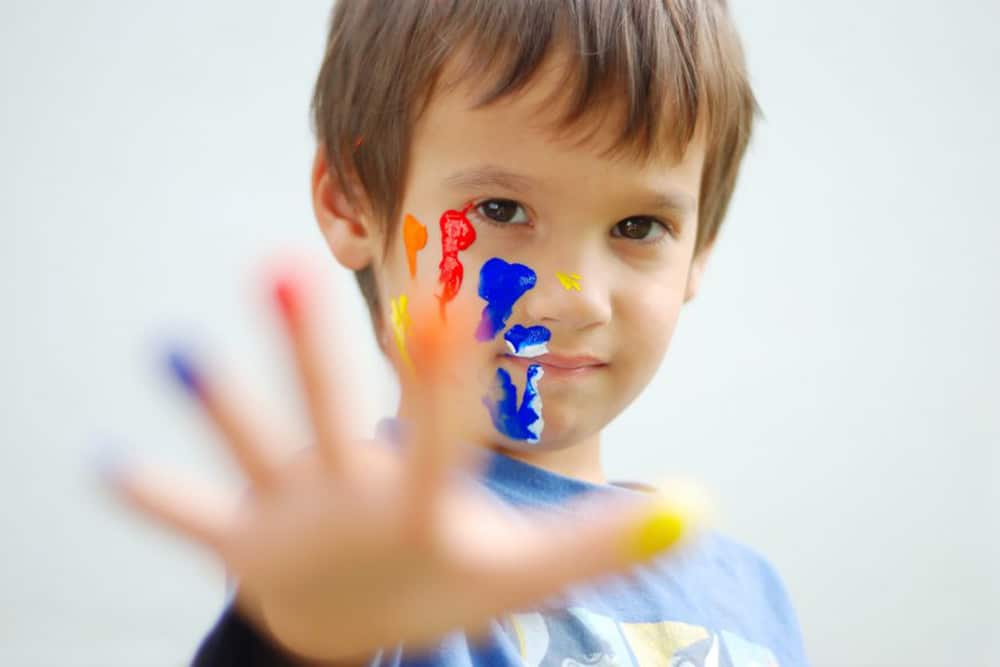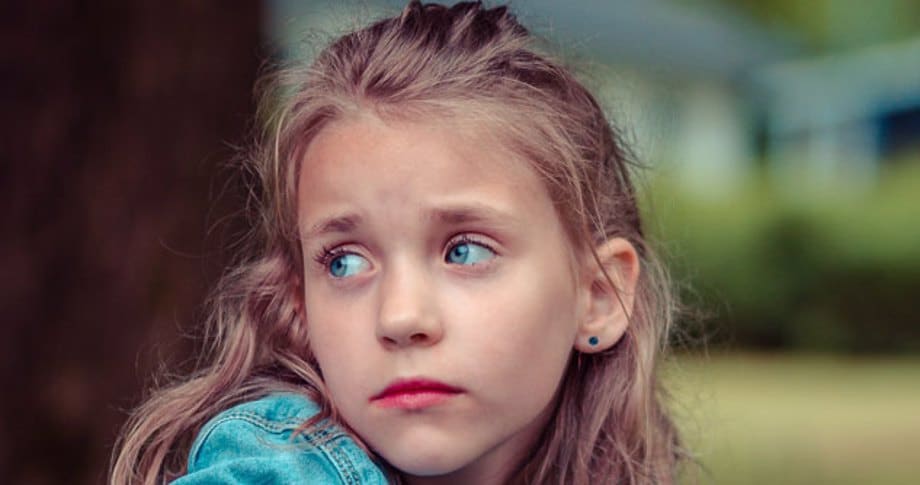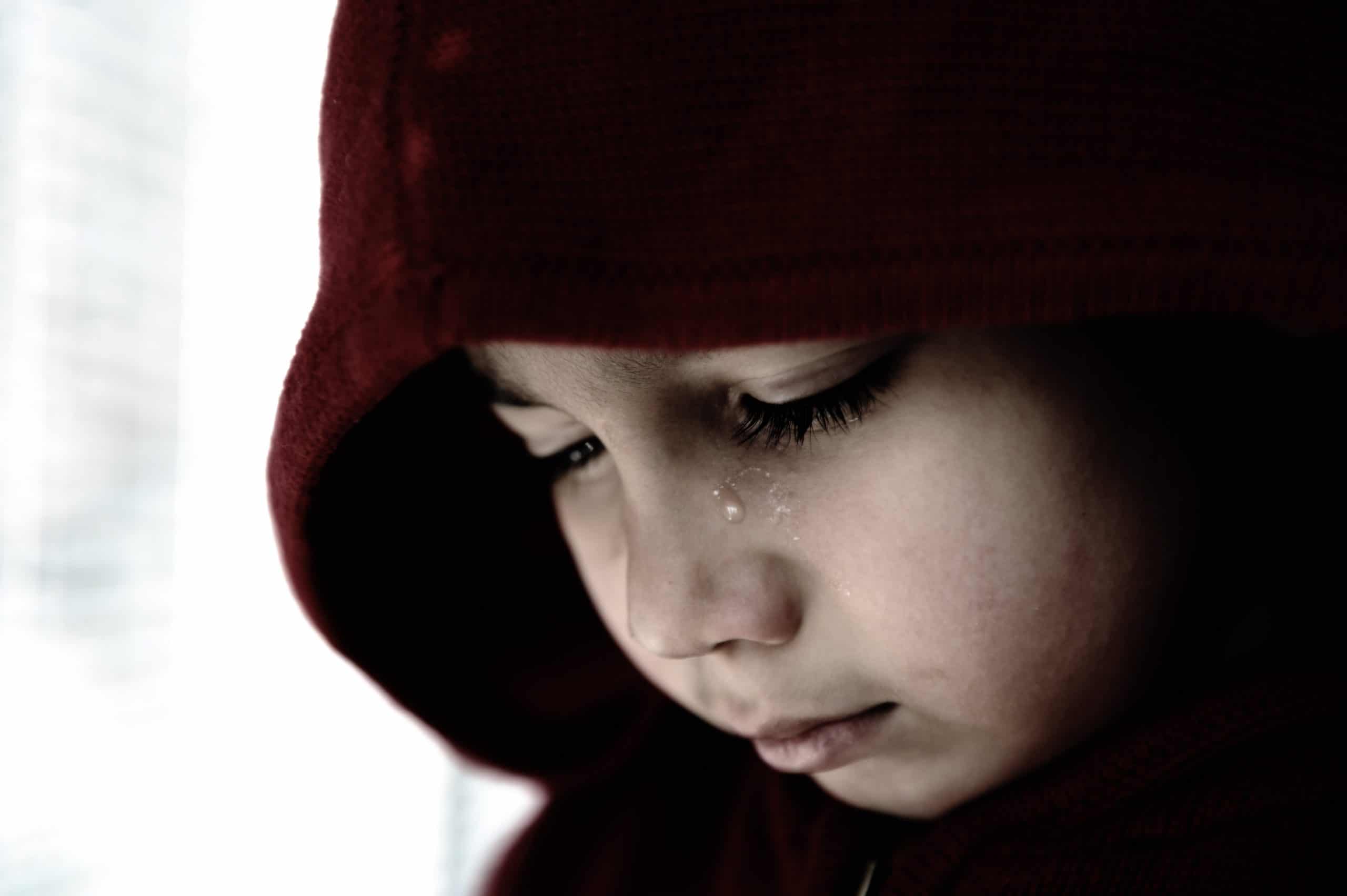Kids who are abused and neglected can find it difficult to express themselves in words or interact positively with other children. They struggle to understand their feelings and frequently feel overwhelmed.

“Neglected and scared, four-and-a-half year old Lacey-Jane began running away from pre-school.”
Anxious and afraid
Lacey-Jane had been severely neglected by her mum throughout her short life. She spent a lot of time around unsafe adults who often frightened her. She found it hard to play with other children and was constantly anxious, fearful and overwhelmed. Lacey-Jane didn’t know how to put her feelings into words and instead became aggressive when she felt upset or threatened.
Running away
When she started prep, Lacey-Jane found it hard to fit in. She couldn’t communicate with the other kids, and began lashing out and throwing things. Every day she ran away from school.
Couldn’t find the words
Lacey-Jane was spending more time at home and less time at school, when she was referred to Act for Kids’ Early Education Program (EEP) kindy. At first meeting new people was hard for Lacey-Jane, and her anxiety meant she couldn’t express herself in words.
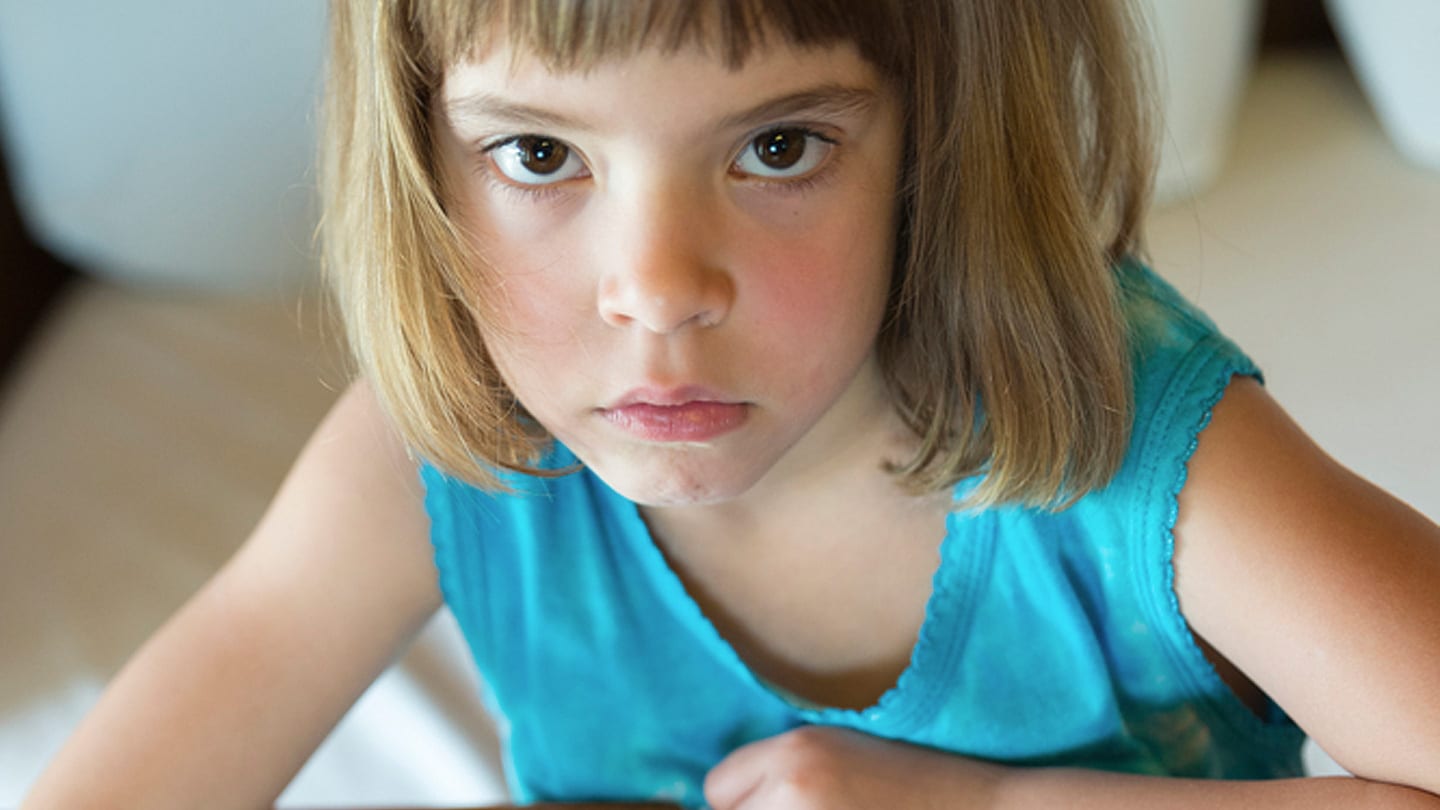
“Constantly fearful and on high alert, abused kids can become very anxious when faced with new experiences such as starting school, causing them to lash out or run away.”
How we helped
The smaller number of students at Act for Kids’ kindy really helped Lacey-Jane to practice some of the social skills she needed to make friends and engage in learning.
Our integrated therapy team including a Psychologist, Occupational Therapist, Speech Pathologist, Teacher and Teacher Aid who helped Lacey-Jane verbalise and understand her feelings so she could learn to respond differently and work through her difficult experiences.
They discovered Lacey-Jane was very artistic and found it easier to communicate her feelings through drawing. In these drawings she used lots of detail, which was unusual for her age.
Her drawings contained lots of ‘bad people’ drawn in red with very angry eyebrows, ‘good people’ were drawn in black and often faceless. No matter how many ‘good people’ were drawn on the page they were always outnumbered by ‘baddies’.
She slowly moved to including the ‘good people’ who would rescue some of the toys. The shift in play suggested she was beginning to feel safer and learning that it was possible to trust others.
Lacey-Jane now expresses herself verbally and uses less physical actions when she is angry. Her positive learning experiences at Act for Kids have helped her transition to school when she continues to receive our support.
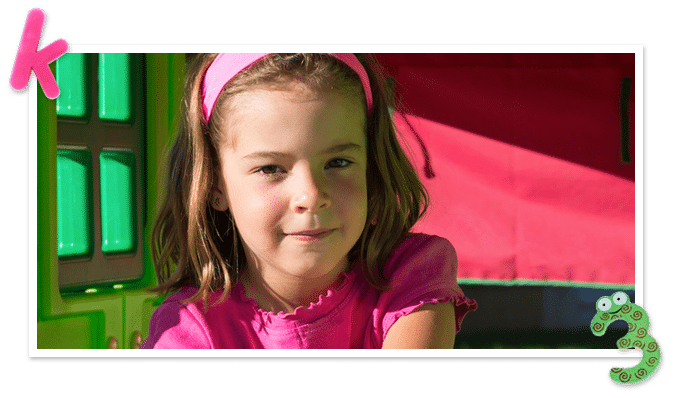
“Through our art and play therapy sessions, Lacey-Jane would act out scenarios of fear, ever present danger and having to be extra alert.”
The Bigger Problem
Last year
over 480,00
reports were made to child protective services
Over
174,700 kids
accessed child protective services
That's
1 in every 32
Aussie kids!
Source: Australian Institute of Health and Welfare, Child protection Australia 2019-20.
Abuse and neglect
The majority (54%) experience emotional abuse, followed by neglect (22%). One in five (14%) experience physical abuse and 9% experience sexual abuse.
Abuse and neglect can impact a child’s brain development, how they feel and think about themselves, how successful they are at school, even their physical development and skills. In the long term this can lead to drug and alcohol abuse, mental illness, difficulty developing and maintaining good relationships, unemployment and all sorts of social disadvantage.
Early intervention makes the world of difference
It takes a lot of hard play to heal little hearts. Although Lacey-Jane continues to make improvements she still struggles with crowds and will need long-term support to help her really overcome her experiences. She has had to cope with a lot of trauma already in her short life, but with continued support and positive reinforcement she will go on to achieve her full potential, expressing herself with confidence, and no longer filled with fear and anxiety.
Thank you for helping us to give these kids the childhood they truly deserve.

How you can help
We rely heavily on donations to support our Integrated Therapy Services, and provide help to children and families who have experienced or are at risk of harm. With your support, we can continue to help keep kids safe, heal from trauma and lead happy lives.
